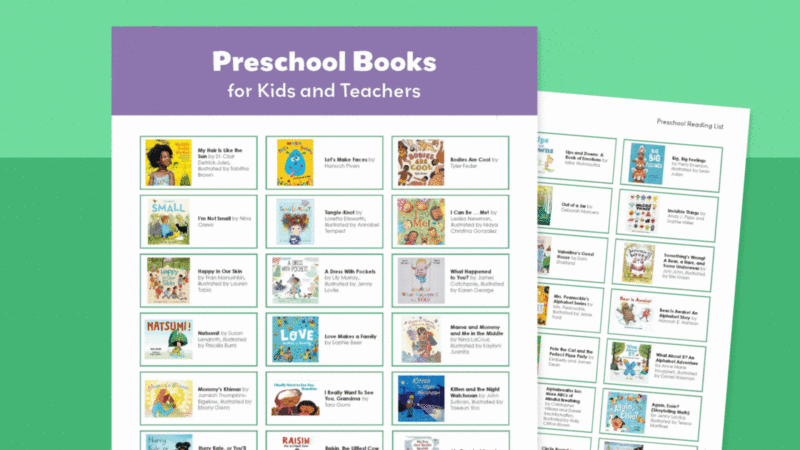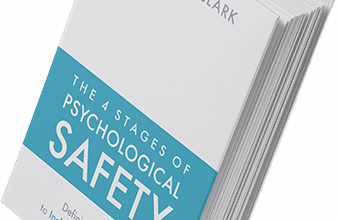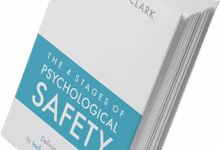Tips for decreasing sensory overload in your highly sensitive child – Alt Ed Austin


When a child becomes overwhelmed, their nervous system is in overload. To prevent a meltdown or diffuse one that has already started, you have to work to get the nervous system regulated again. Remember, their capacity to hold sensory information and emotions has a lower threshold than that of neurotypical children. Here are some tips to help things run more smoothly in your household!
Increase communication.
Give your child language so they can tell you when they are getting overwhelmed. Have them pick an animal that they think best embodies their meltdown. For example, they may call big scary feelings “an angry monkey.” When they start to feel it coming on, they can say, “Angry monkey is here,” or you can ask, “Is angry monkey coming?” and you can try to intervene before it gets out of control.
Many times, there is a physical cue causing your little one to react. It could be as simple as being hungry or tired. While most children get cranky when they are hungry, thirsty, or tired, an HSP child is even more sensitive to these physical cues, meaning their reaction to the sensations of hunger or tiredness will increase. When we need to eat, a stress hormone called cortisol is on the rise. HSPs are also more sensitive to any hormonal fluctuations, which may also contribute to extra discomfort.
Ask them where they are on their sensory meter (you can come up with a fun name for it together) but on a scale of 1–10, they can tell you how overwhelmed they are. If they are at a 7 or higher, it’s time to take a break.
Strive for a more natural lifestyle.
Decrease the use of chemicals and fragrances in the house. Free and clear laundry detergent and dishwashing soap can help their sensitive noses and skin. Watch processed foods. Chemicals, dyes, and sugars in food will lead to more dysregulation, hyperactivity, and meltdowns. Certain medications can interact with brain chemistry and can cause a sensitive person to become dysregulated, and many HSPs do not react well with pharmaceuticals made for neurotypical brains and bodies.
Create a chillout spot.
Find a spot in your home that you can make a comfort zone. Have your child help build it with blankets, soft lighting, snuggle friends, and anything they will find comforting. This can be a place for them to retreat to when they begin to feel overwhelmed. It can also be a place for them to go to as an alternative for punishment. Many times, a less than ideal behavior reflects a need for a calmer environment, rather than a need for punishment.





